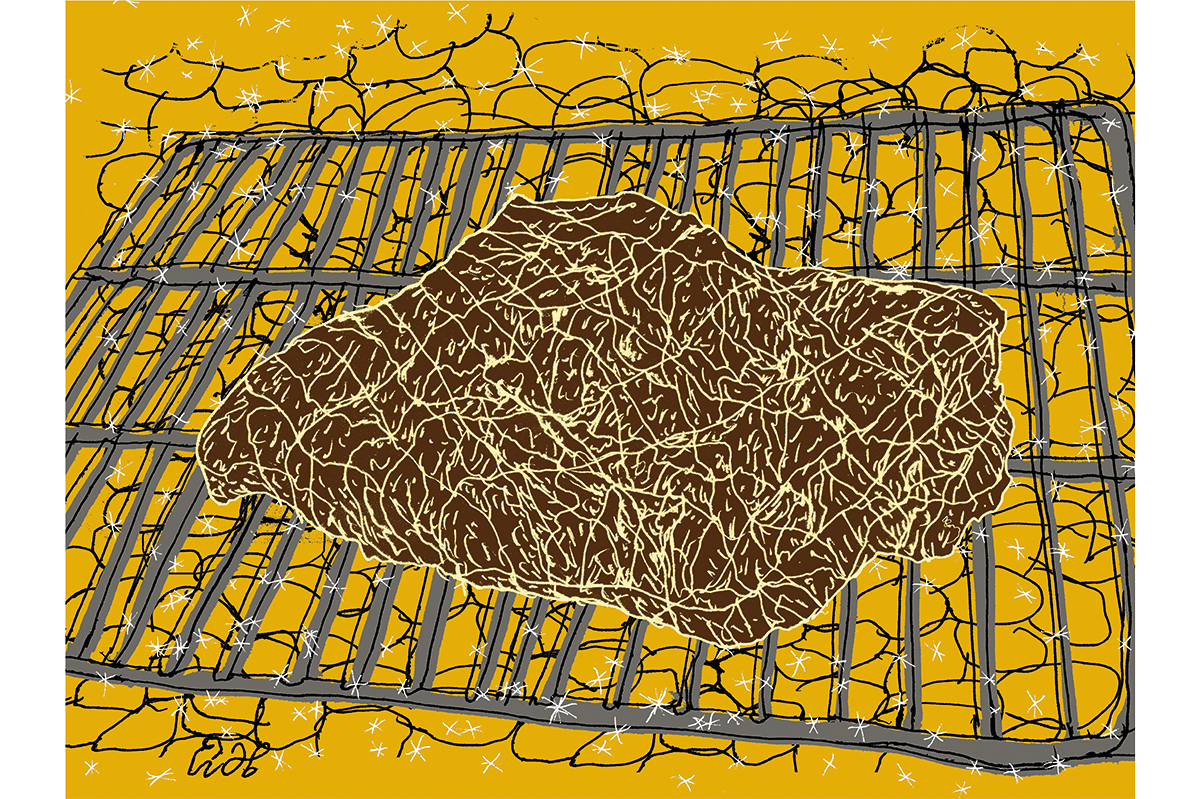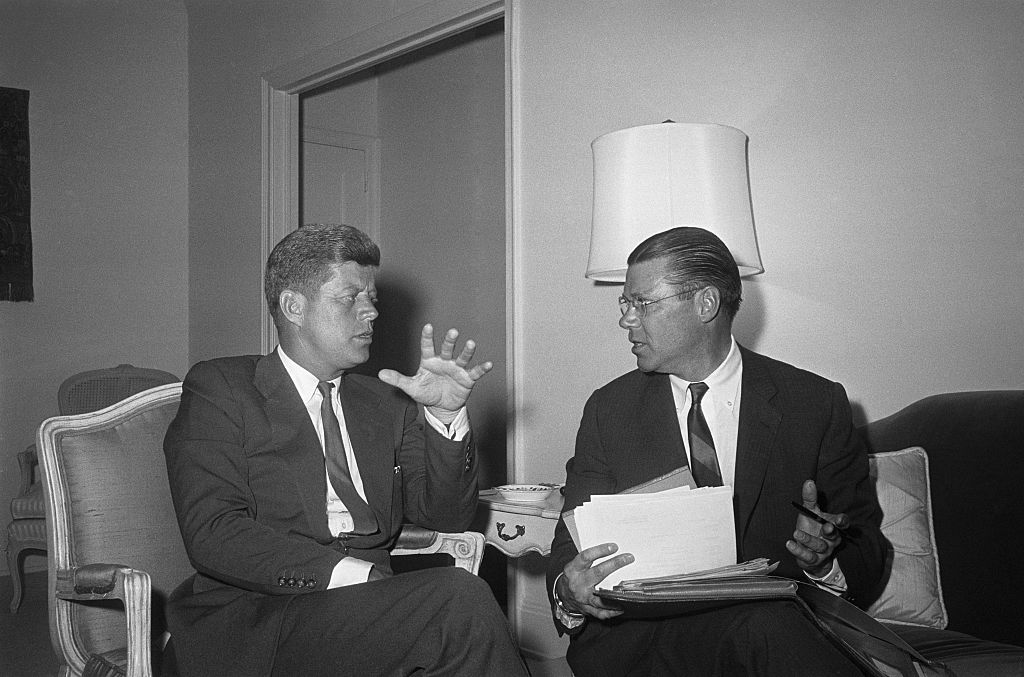Grandma McMorris seldom curses, so when she said, “never let a son of a bitch know he’s a son of a bitch,” I knew she was quoting her father, Pop Pop. My grandfather oozed apothegms, nuggets of wisdom that are now only found on refrigerator magnets, motivational posters and throw pillows: the Silent Generation’s forerunner to the meme. Mom was giving me work advice. It’s only been two months, but I no longer remember who the son of a bitch that I called a son of a bitch was, let alone why I called him that. The particulars vanished as soon as my mother spoke, the work crisis overtaken by a personal one.
It was a barbecue, probably. Or perhaps a s’mores night at the firepit. A birthday party for one of her sisters?
“Dad, when can I have a cigarette?”
“Not till you’re a grown-up”
“So when I’m eighteen?”
“That’s an arbitrary Protestant number, sweetheart. You’re a grown-up at confirmation.”
My eldest recounted the years-old exchange at a party. The crowd laughed. My wife grimaced. The Protestant dig was a dead giveaway. Mrs. Dad Life recognized that our eldest would likely take her first puff of tobacco before she knew the definition of “arbitrary.”
I don’t think you will find a class of people more skeptical of the power of the pen than those who wield it for a living. I have been paid to spew out hundreds of thousands of words. Those words have been spoken aloud by presidents and senators, billionaires and late-night hosts. I say this not to brag, but to point out how cheap a commodity words are these days. Nothing I’ve penned for celebrities or billionaires or political leaders has amounted to anything as meaningful as a flippant remark tossed out at a barbecue. Or was it a s’mores session?
Every writer wishes to coin a phrase as memorable as “a man’s home is his castle.” He does not consider that such a saying will one day become so fashionable its authorship comes into dispute — was it Sir Edward Coke or Cicero or Henri Estienne? And even if history awards him full credit the phrase will become so, so fashionable that it becomes cliché, in which case it will be deconstructed and hence dismissed as heteronormative, patriarchal and guilty of anti-cannonball bigotry.
Men may no longer rule as kings in their own households, but they will be Ted Sorensens of the citadel whether they like it or not. Sorensen was responsible for almost every memorable phrase Kennedy uttered.
“Ask not what your country can do for you, ask what you can do for your country.”
“Let us not seek the Republican answer or the Democratic answer, but the right answer.”
“We choose to go to the moon in this decade and do other things, not because they are easy, but because they are hard.”
About the only thing Sorensen doesn’t get credit for is JFK saying, “let us assassinate Ngo Dinh Diem just because.”
The United States Secret Service reports that George W. Bush received more than 3,000 death threats per year when he was in office. Those numbers quadrupled under President Obama. The agency has yet to release statistics for the Trump and Biden years, which is understandable because every stair was a potential assassin during the Biden administration and it’s unclear whether Trump’s survival is seen as a success.
The death threat is the bread and butter of American security agencies. Their budgets blossom alongside their failure. It’s the closest government bureaucracy comes to the family.
The McMorris child receives on average eight and a half death threats per day for offenses that range from grabbing a fruit instead of a vegetable (two), fibbing about brushing one’s teeth (two) or assaulting a prettier sister (four and a half). Like the Secret Service, my children have grown numb to the death threat, which is a very frustrating immunity for Irish parents. Once outlandish threats have been taken off the table the only recourse we have is a beatin’ or a reasonin’. I have all daughters. Beatin’ is off the table. So is a reasonin’. Hopefully, the Secret Service isn’t reading this.
In our irony-sodden age, children may be the last reminder that words mean something. The offhand remark means everything to them because it comes from anonymous you.
This article was originally published in The Spectator’s February 2025 World edition.


























Leave a Reply